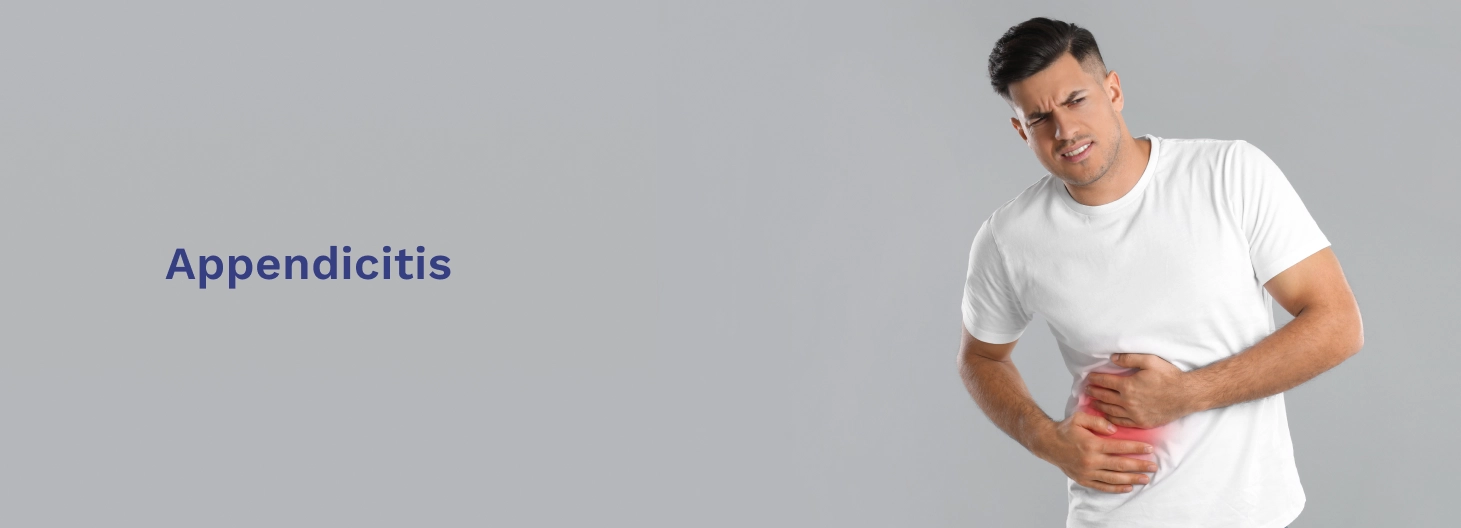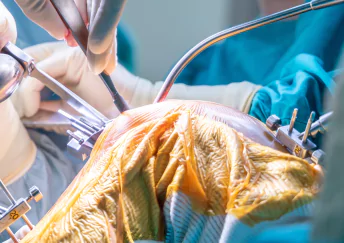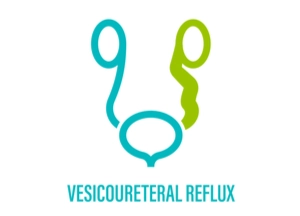What is appendicitis?
Appendicitis is a painful swelling and infection of the appendix. The appendix is a fingerlike pouch attached to the large intestine and located in the lower right area of the abdomen. The cause of appendicitis is not clearly understood, but it usually affects children and young adults. Appendicitis is quite rare in children under two years of age. For timely and effective treatment, appendix surgery in Bangalore is available to remove the inflamed appendix and prevent complications.
Symptoms
Children with appendicitis usually experience one or more classic symptoms, including abdominal pain, loss of appetite, nausea, vomiting, diarrhoea, and low-grade fever.
Diagnosis
Diagnosis is based on symptoms and the physical findings, supported by Ultrasound abdomen and blood investigations. If the diagnosis is unclear, then a CT scan abdomen will be required.
Treatment
Typically, appendicitis is treated by removing the appendix by performing an operation called an appendectomy. Prompt surgery decreases the likelihood of a ruptured appendix, which can cause worsening infection in the abdomen, such as an abscess.
A minimally invasive approach to abdominal surgery, called laparoscopy, is generally the first choice of surgery for appendicitis. To perform laparoscopic surgery, the surgeon inserts a rigid tube (called a trochar) into the abdominal cavity through a small incision (cut) at the umbilicus. The tube allows the surgeon to place a small camera into the abdomen and observe the structures within on an external monitor. The abdomen is inflated with carbon dioxide gas, which creates room to view the contents of the abdomen and to perform the operation. Additional rigid tubes are placed through small incisions and are used to insert small surgical instruments into the abdomen. These instruments are used together with the camera to perform the operation. Tubes and instruments are removed when the operation is finished and the incisions are closed with sutures (stitches) that are absorbed by the body over a time period.
Laparoscopic appendectomy generally involves the use of three trochars and, therefore, usually requires three small incisions. If the surgeon decides that a laparoscopic operation is not the best way to treat the problems that are found in the operating room, then the operation will be changed (converted) to use an older surgical technique. Conversion to a non-laparoscopic operation (also called an “open procedure”) is rare and requires a larger incision, which may take longer to heal.
With adequate care, most people recover from appendicitis and do not need to make changes to diet, exercise, or lifestyle. The recovery period for uncomplicated laparoscopic appendicectomy is faster.
Hospital stay following an appendectomy is typically one to three days and the decision to discharge a patient is typically based on how well the child is recovering: specifically, if the patient is able to eat regular food, has pain that can be controlled by medications taken by mouth, and has no fever or other signs of continuing infection.
Recovery
Following all operations, parents or caregivers will be provided with a list of instructions, including specific warning signs that require communication with the surgical team or the attention of a doctor (either in an Emergency Department or outpatient department). Parents and other caregivers should refer first to written discharge instructions and use the telephone numbers provided to reach the Pediatric Surgery team to discuss any problems. These instructions are provided for specific patients after considering their medical conditions, the operation performed and how well the patient is recovering. Therefore, the instructions received at the time of discharge (or afterwards over the phone or in the Pediatric Surgery clinic) are the best resource for parents and caregivers if questions arise. In general, the following findings should cause concern and require a patient to be seen by a doctor:
- Fever greater than 101.3F by an oral or rectal thermometer
- Spreading redness, drainage (leaking fluid) from the surgical wounds that look like pus.
- Increased bloody drainage from the wound. Small amounts of yellow, pink, or blood-streaked drainage that is absorbed by the wound’s dressing are normal and should go away in three to five days.
- Increasing pain that does not improve with medications prescribed at discharge.
- Nausea and vomiting that prevents the child from drinking clear fluids – this can be associated with certain kinds of pain medication or antibiotics and may improve if these medications are taken with food.
- The patient cannot move his or her bowels. Some medications cause constipation, so the surgical team may prescribe stool softeners or mild laxatives to help with bowel movements. If these treatments are ineffective, there may be a more serious problem.
FAQs
1. What are the early symptoms of appendicitis?
Early signs include pain near the belly button that moves to the lower right abdomen, nausea, vomiting, loss of appetite, mild fever, and sometimes bloating. If these symptoms appear, it’s important to seek medical attention quickly.
2. Who is the best appendix surgeon near me in Bangalore?
Sakra World Hospital has experienced general surgeons who specialize in treating appendicitis. They are trained in both laparoscopic and open surgeries, ensuring safe and effective care.
3. How is appendicitis treated – laparoscopic or open surgery?
- Laparoscopic surgery: Minimally invasive, done with small incisions. Recovery is faster, with less pain and smaller scars.
- Open surgery: Traditional method with a larger incision, usually recommended for complicated cases or when laparoscopic surgery is not suitable.
4. What is the recovery time after appendix surgery?
Most patients recover within 1–2 weeks after laparoscopic surgery and 2–4 weeks after open surgery. Recovery depends on the individual, the type of surgery, and whether there were complications.
5. Can appendicitis be treated without surgery?
In selected cases, mild appendicitis may be treated with antibiotics. However, surgery is the most reliable treatment to prevent recurrence or complications like rupture. Doctors at Sakra Hospital assess each case carefully before deciding the best approach.













